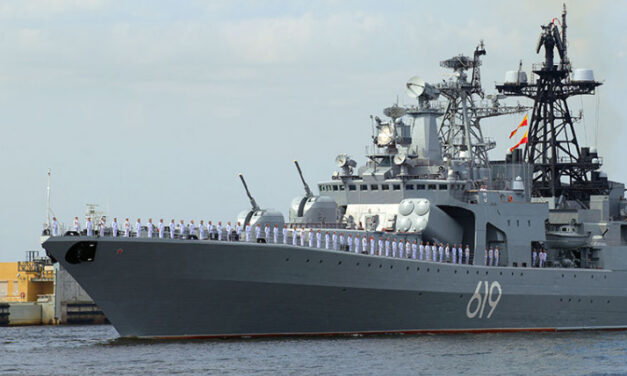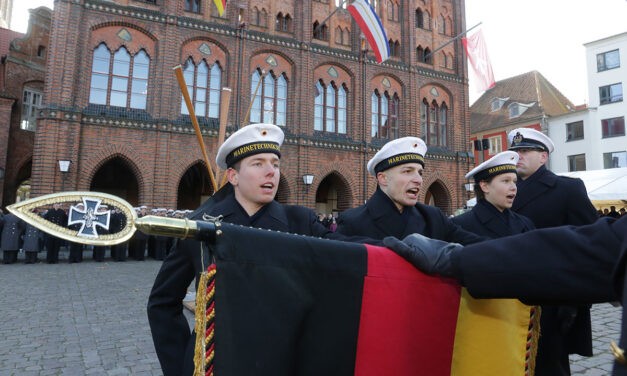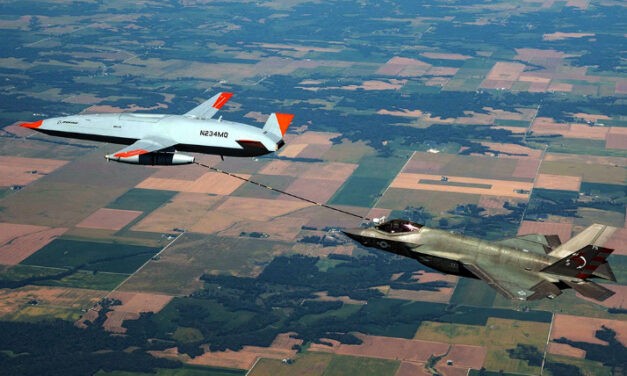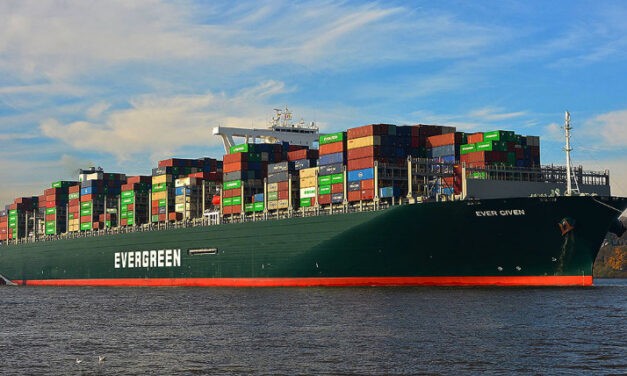Russia - the great crisis
Putin wants to restore the Soviet Union's former greatness Rarely have threats from outside stirred up public opinion in Germany as much as in recent weeks. My old navy and crew mates asked me to take a stand on this. I had to write three versions, and I hope that this one will survive the time between the editorial deadline and the publication of the April issue. At the last great turning point in 1989/90, people said "the word is getting old". This time, the upheaval is perhaps even faster and at least as radical. What was so...
Weiterlesen






Recent Comments